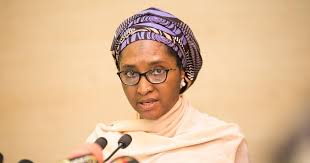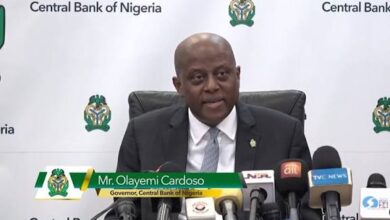Nigeria’s Economic Challenges Highlight Importance of Post-Election Policies

Nigeria faces major economic challenges ahead of elections due on 25 February and policy choices by the incoming administration could have a significant impact on the country’s credit profile, Fitch Ratings says.
The Nigerian Supreme Court’s suspension of a 10 February deadline for exchanging old banknotes into new eases, at least temporarily, the risk of intensifying cash shortages. However, the demonetisation drive is still likely to be disruptive in the near term. Associated cash shortages may hit consumer spending and boost demand for foreign currency, aggravating foreign-exchange shortages. It is not yet clear whether there will be offsetting longer-term economic benefits, such as greater use of the formal banking system or enhanced use of digital payment systems.
The country faces numerous other challenges to its fiscal sustainability, external finances and economic outlook. We downgraded Nigeria’s rating to ‘B-’ from ‘B’ in November 2022, with a Stable Outlook, reflecting continued deterioration in debt servicing costs and external liquidity.
Our base case assumes that the subsidy on petrol, a key drag on the public finances, will be reduced in 2023, but phased out more gradually than in the government’s latest budget. We consider the next administration is likely to face pressure to continue it and concessions on this front could make consolidating the public finances more difficult.





